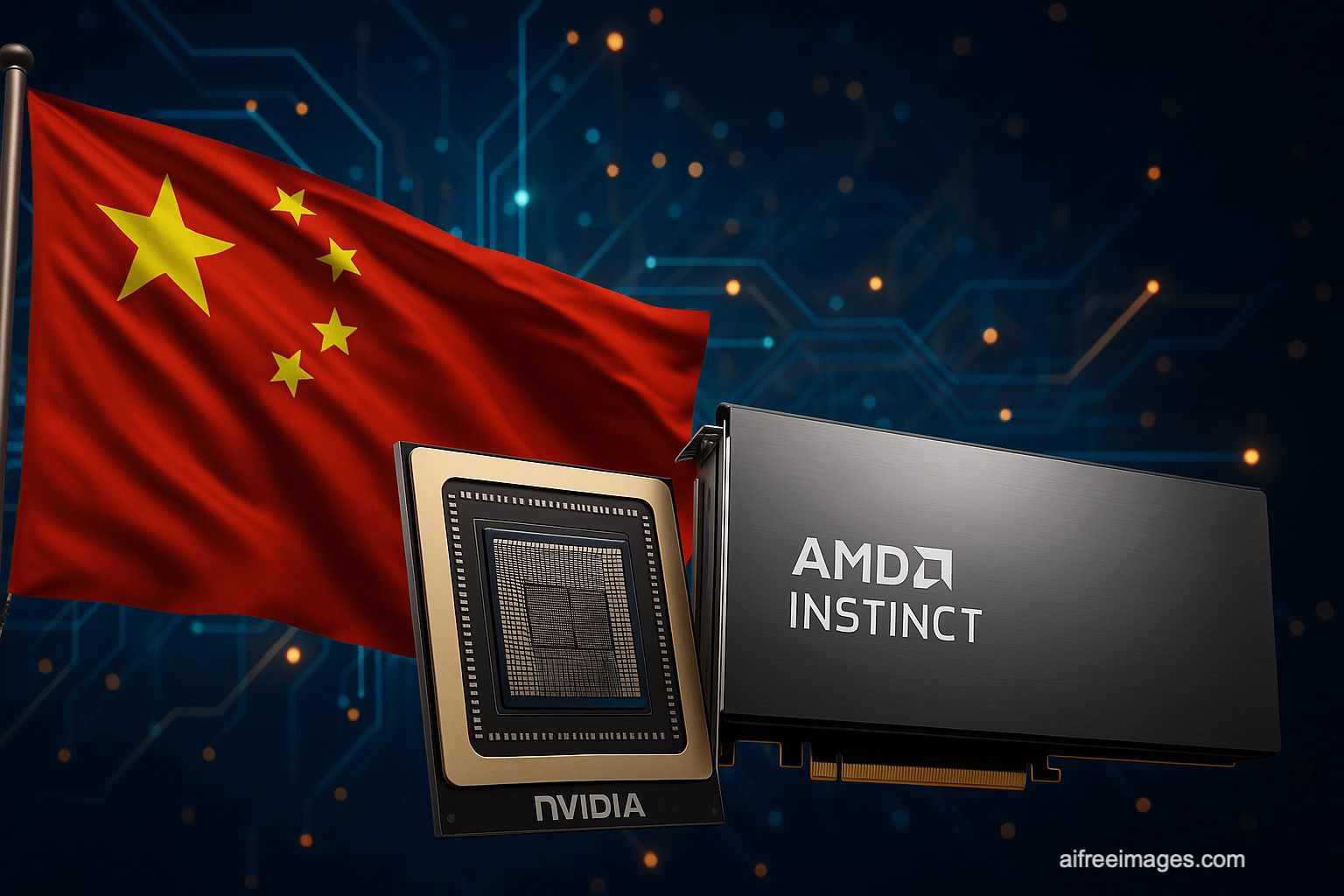China has responded decisively to the recent easing by the United States, which allowed the sale of NVIDIA and AMD AI GPUs in the Chinese market. In a move blending political strategy and technological protectionism, Beijing has launched an internal campaign to restrict the use of these chips, instructing both state-owned and private companies, as well as government agencies, to avoid purchasing and integrating them into key projects.
Sources within the industry indicate that Chinese ministries and agencies have issued clear directives: NVIDIA’s H20 GPUs and AMD’s Instinct accelerators, such as the MI308, should not be used in government infrastructure or strategic sectors. While not officially banning these components outright, the measures are justified by claims of “protecting national security” against potential “backdoors” in American hardware—a suspicion repeatedly echoed by Beijing without publicly available evidence.
This internal crackdown comes immediately after Washington authorized AI chip exports with restricted capabilities, contingent on NVIDIA and AMD paying a percentage of sales to the U.S. government. China’s response effectively neutralizes these transactions before they can generate profits.
Technological sovereignty versus competitiveness
The background of this move extends beyond cybersecurity. President Xi Jinping’s government aims to reduce reliance on foreign technology providers and bolster its domestic semiconductor industry, supporting manufacturers like Huawei and Biren. However, these domestic alternatives still lag behind NVIDIA and AMD in performance and maturity, which could slow the development of AI applications and models in China.
Beijing’s strategy resembles the U.S. embargo on Huawei but with a more discreet approach. In both cases, the logic is the same: controlling the supply chain and minimizing exposure to technologies from geopolitical rivals.
Impact on the global AI landscape
This decision poses a risk to Chinese companies, which may lose competitive edge against international rivals with more advanced hardware. Simultaneously, it diminishes the influence of NVIDIA and AMD in a market that has significantly contributed to their growth in the AI segment.
A notable decline in demand from China could impact the quarterly earnings of both companies, potentially slowing the expansion of the so-called “AI bubble” dominating the tech industry.
This ongoing contest involves not just access to cutting-edge chips but also who sets the rules for the next technological era.
Frequently Asked Questions
1. Which NVIDIA and AMD GPU models are affected by China’s boycott?
Primarily NVIDIA’s H20 GPUs and AMD’s Instinct accelerators, such as the MI308, especially in projects linked to government agencies and strategic sectors.
2. What is the official reason for China’s internal embargo?
The Chinese government cites concerns over “national security” and the potential inclusion of backdoors in these chips, although no public evidence has been provided.
3. What domestic alternatives is China promoting?
Manufacturers like Huawei and Biren are developing their own AI chips, but these still do not match the performance of leader solutions from NVIDIA and AMD.
4. How might this affect NVIDIA and AMD?
It could lead to a significant reduction in sales within China, impacting revenue and slowing the global expansion of the AI sector.
via: Bloomberg

